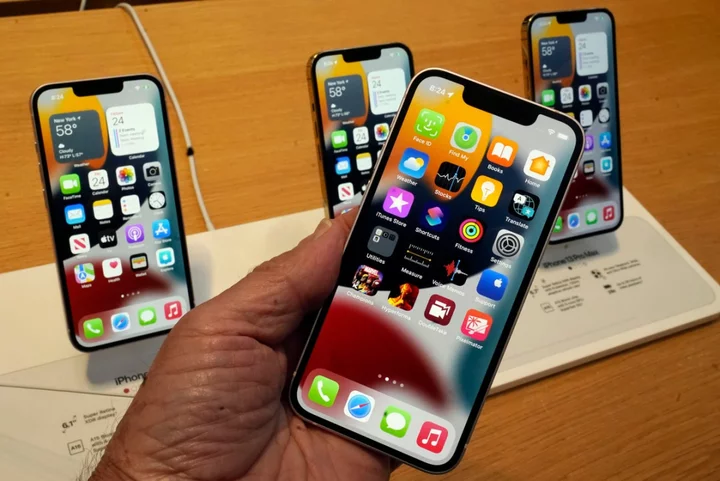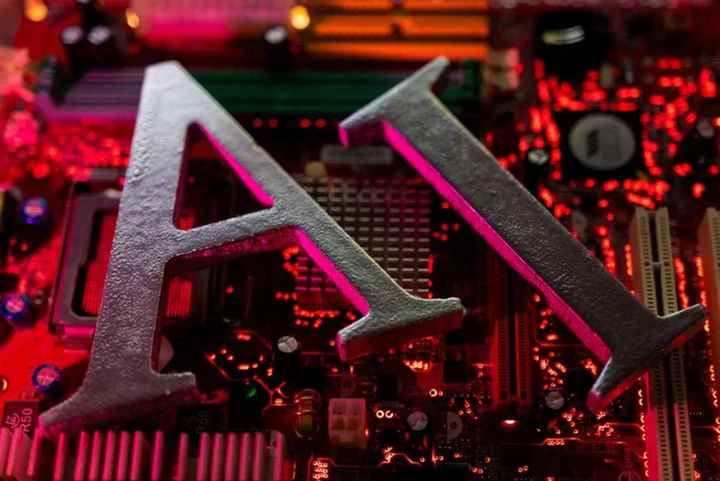Neuralink Corp., Elon Musk’s brain-implant company, said it received approval from the US Food and Drug Administration to conduct human clinical trials.
“This is the result of incredible work by the Neuralink team in close collaboration with the FDA and represents an important first step that will one day allow our technology to help many people,” the company said Thursday in a tweet.
The FDA and Neuralink did not immediately respond to a request for comment.
The startup is developing a small device that will link the brain to a computer, consisting of electrode-laced wires. Placing the device requires drilling into the skull.
The approval is a major step for Neuralink, which was founded in 2016. The startup has attracted some top neuroscientists to work on its brain implant, although many have since moved on to other companies or academia. For many years, Musk has said that the company was close to FDA approval for in-human trials, but the goal had been elusive.
Neuralink’s device could help people with paralysis or traumatic brain injuries communicate and control a computer using only their thoughts. Eventually, aside from helping people who are sick, Musk has hypothesized that the device could enable humankind to keep up with advances being made by artificial intelligence.
Neuralink isn’t the first brain-computer interface company to enter human trials, and the field has become competitive since the company’s founding. For example, Synchron Inc. has already enrolled its first US patient in a clinical trial, putting the company’s implant on a path toward possible regulatory approval for wider use in people with paralysis. Synchron’s device is less invasive than Neuralink’s, and works using a different technology.
Musk’s startup has raised alarms with some animal rights groups for its testing on primates. The US Transportation Department began an investigation into the company after an animal advocacy group said it obtained emails suggesting the startup did not follow proper procedure when shipping possibly hazardous materials.









